What were the main concerns of Buddhists in Tricycle’s early days? What were the burning issues at that time? We checked in with some of our contributors from the magazine’s first decade to see what they were thinking back then—and how they felt about those issues now. • Some of our writers responded directly to what they’d written long ago. Others focused on their concerns today. But if the emphasis has changed, it seems the issues have not. Now as then, questions of identity, pharmaceuticals, psychedelics, gender, discrimination, the environment, interconnectedness, and Tibet remain relevant to Buddhists, just as they were when the first issues of Tricycle rolled off the press.
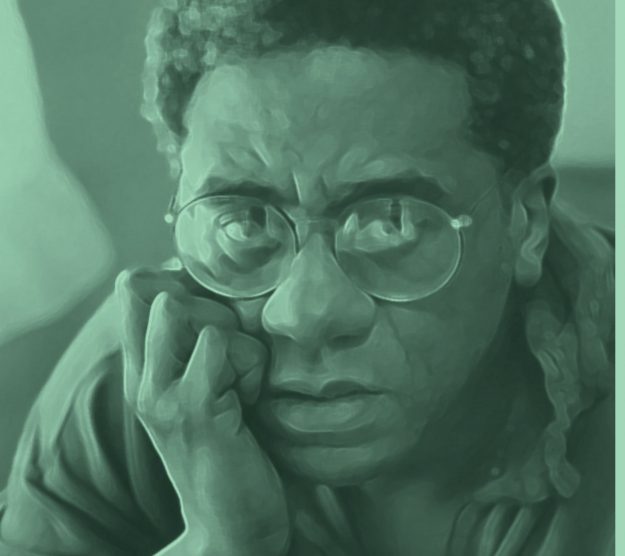
Charles Johnson
Buddhism and Identity
If the teachings of Shakyamuni Buddha are about anything, they are about a profound understanding of identity and the broadest possible meaning of liberty—teachings that sooner or later had to appeal to a people for whom suffering and loss were their daily bread.
. . . Soka Gakkai is but one branch on the Bodhi tree. Yet its success in recruiting black Americans indicates that people of color find in Buddhism the depths of their long-denied humanity; centuries-old methods of meditation—very empirical—for clearing the mind of socially manufactured illusions (as well as personally created ones); an ancient phenomenology of suffering, desire, and the self; and a path (the eightfold path) for a moral and civilized way of life. (“A Sangha by Another Name,” Winter 1999)
These have been difficult years—2020 and 2021—for all of us. We have endured crises thick and threefold: Layers of suffering that include an ongoing coronavirus pandemic that has caused over 500,000 deaths in America alone. We have endured a contentious presidential election that has divided Americans in ways we have not seen since the 1960s and perhaps the Civil War, leading to an assault on the nation’s Capitol on January 6, which resulted in five deaths. And deaths of black Americans at the hands of police officers emerged as the central theme of a Black Lives Matter movement that has drawn attention to centuries of racism.
Yet pandemics, racism, and political corruption are not new. Deaths, plagues, impermanence, and social conflicts have been with us in the past. We can expect such experiences in the future, and practitioners of buddha-dharma, people who embrace the bodhisattva ideal, have traditionally seen it as their role to address these painful but inevitable episodes and to end suffering in a way that allows us to heal, adapt, and gain the courage to live, grow, love, and be of greater service to others and ourselves. So even more than in the 1990s, I believe the words I wrote in “A Sangha by Another Name” can have an urgent appeal today for black (and all) Americans seeking happiness, peace, and liberation.
Charles Johnson is a scholar, award-winning novelist, essayist, cartoonist, and martial arts teacher. His latest book is Grand: A Grandparent’s Wisdom for a Happy Life.
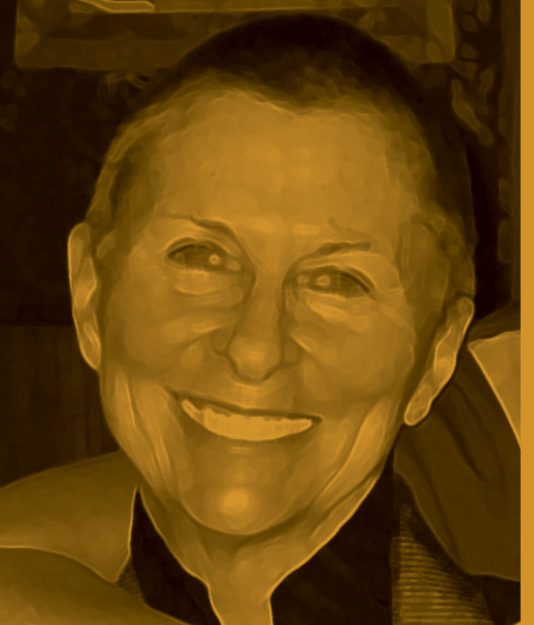
Roshi Joan Halifax
Psychedelics: Help or Hindrance on the Road to Enlightenment?
Psychedelics are an extraordinarily powerful tool for opening the mind field. I look at psychedelics as a kind of phase through which we pass when we’re trying to become more truly who we are, more authentic, and more genuine. I feel like I graduated from psychedelics, but that they were definitely part of the evolution of my own psychological or developmental maturation. But it’s really a different kind of mind that is cultivated in meditation, where the qualities of stability, and lovingkindness, and clarity, and humbleness are the primary qualities. Psychedelics don’t necessarily cultivate those qualities. (“The Roundtable: Help or Hindrance?” Fall 1996)
This is a remarkable time, when the legal use of entheogens/psychedelics is making a resurgence in our society. I am familiar with the benefits of these mind-transforming substances from having worked with terminal cancer patients at the Maryland Psychiatric Research Center in the early 1970s. I was then married to Stanislav Grof and partnered with him in the project as a co-therapist, using LSD-assisted psychotherapy with those dying of cancer. I gained enormous respect for the depth and power of the human unconscious as a result of this work. I also saw the project as a contemporary rite of passage for those who were dying. My view of this approach has remained consistent over the years. The benefits of psychedelic therapy can be great, as can the pitfalls. Stan always emphasized set and setting: this included careful preparation and intensive processes for the integration of these powerful experiences. We have our psychological defenses for a reason. When they are radically lowered and the landscape of the deep psyche is surfaced, it can be overwhelming. Great care and skill are required. Other interesting considerations include the commodification of this approach, the medicalization of the approach, and issues related to cultural appropriation. We have learned much from the past, and I look forward to seeing how the next chapter of this work unfolds.
Roshi Joan Halifax, PhD, founder and head teacher of Upaya Institute and Zen Center in Santa Fe, New Mexico, is an author, medical anthropologist, and pioneer in end-of-life care.
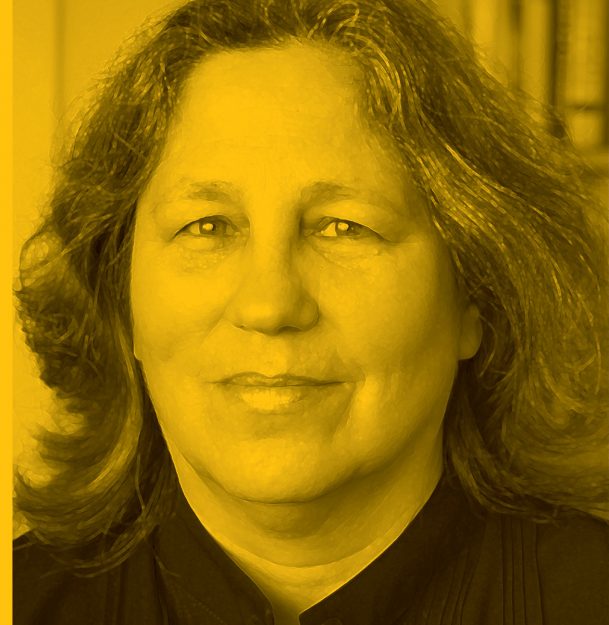
Sallie Tisdale
On Buddhism and Gender
Gender inequities can’t be avoided; they may seem a tiresome topic for conversation at times, but they are real and they cause harm. Male and female as forms are no more important than dark and light, hot and cold. They rise and fall in the cycle of lives like a breath. And gender has been repeatedly used by human society as the palimpsest for a wide variety of ills. When I read Buddhist texts, I try to accept the human limitations in the writers, try to trust my own understanding, try to find the ways that I create division. (“Nothing Special: The Buddhist Sex Quandary,” Winter 1994)
The human body has no self-nature, no separate existence. Its qualities are like vapor. Yet we act as though things like size and age and color are permanent and important. The amount of melanin in one’s skin and which parts of your body stick out can determine the course of your life. From the point of view of the Absolute, such ideas are madness. But we live in the relative world, and madness sometimes rules.
In Buddhist circles, women who speak out against institutional misogyny are told to let go of attachment to the idea of gender. It is mere conditioning, meaningless. Such advice is a point made by those in power to those without. Men say such things to women even as they deny women full authority and access—an anti-dharmic injustice that is still widely practiced thousands of years after the Buddha. Our practice leads us to take responsibility for our pain. But the pain continues. We don’t look like the images of the Buddha on our altars; we don’t look like most of the leaders of Buddhist sects; we don’t look like the images of enlightenment in most of the literature. We are told that in the dharma all are equal. And of course, that’s true; the point is that it’s not at all true in the very human institution of Buddhism.
Sallie Tisdale is a lay dharma teacher at Dharma Rain Zen Center in Portland, Oregon, and the author, most recently, of Advice for Future Corpses (and Those Who Love Them): A Practical Perspective on Death and Dying.
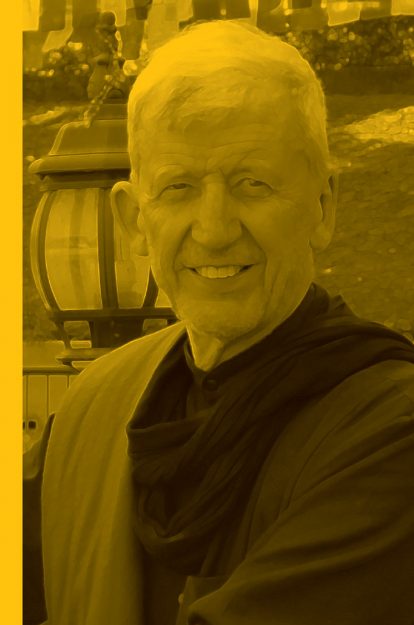
Christopher Titmuss
Buddhism and the Environment
Spiritual teachings of awakening point to ultimate realization so that we don’t go over the top with concern for the fate of the earth. The preservation of life, the so-called sanctity of existence, is not our most important concern, no matter how much we consider ourselves thoughtful human beings. Nobody immerses themselves full-time in the fate of the Earth; it is only one of our daily considerations.
. . . As Greens, we campaign for a nonviolent revolution to change the wretched consumer value system that haunts the Earth and humanity. But an equal revolution must take place in our perceptions to reveal an authentic spiritual awakening. . . . I believe we must (a) put to rest the myth of stewardship; (b) end the notion that resources are worth saving; (c) end the notion that the future matters; (d) dispense with the rhetoric that time is running out. (“On the Green Credo,” Winter 1993)
Tricycle. Three Decades. Three Full Stops. . .
Three decades seem like three full stops of an unfinished sentence. What is unseen and unspoken requires our investigation. Our voices of protest can then continue against the questionable constructions of minds addicted to power. The past three decades stand worthy of reflection to recognize noble endeavors and to remember to engage in a creative use of imagination. The naming of suffering, seeing its causes/conditions, and exploring the resolution still matter. Mindfulness and meditation serve as a preparation, as a path, for clarity of action. These two links have become elevated to a primary talking point rather than supporting a liberated engagement with the dynamics of the field of existence. We sow seeds and nourish life regardless of the opportunity to witness any fruits.
Despite the endless teachings in buddhadharma pointing to the emptiness of self, of ego, far too much of the tradition still finds itself succumbing to the pursuit of self-satisfaction. The belief in an inner world to change first and then an outer world sustains a false perception. Changing of our “self” shows a detail in the web of existence. We are human beings with the potential to awaken to much more than notions of a separate self and experiencing oneness.
Christopher Titmuss, a former Theravada Buddhist monk, is a dharma teacher, social critic, poet, and author whose most recent book is The Spiritual Roots of Mindfulness.
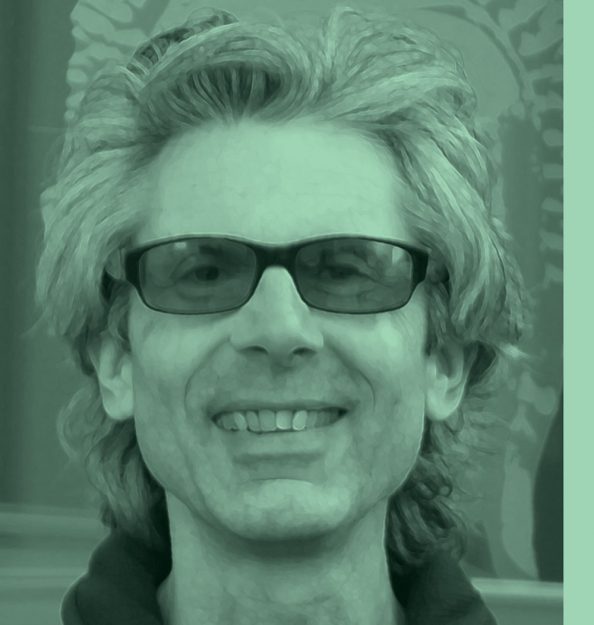
Mark Epstein
Awakening with Prozac Revisited
There continues to be a widespread suspicion of pharmacological treatments for mental anguish in dharma circles, a prejudice against using drugs to correct mental imbalance. Just as the cancer patient is urged to take responsibility for something that may be beyond her control, the depressed dharma student is all too often given the message that no pain is too great to be confronted on the zafu, that depression is the equivalent of mental weakness or lassitude, that the problem is the quality of one’s practice rather than one’s body.(“Awakening with Prozac: Pharmaceuticals and Practice,” Fall 1993) [But] neither Buddhism nor psychoanalysis nor transpersonal psychology can be expected to hold the key to recovery for all mental illness. (Response in “Letters to the Editor,” Winter 1993)
Mindfulness has infiltrated the mental health system in a big way, such that many would-be psychotherapists now see mindfulness as a first-line treatment for a variety of emotional disturbances. This is a huge shift, and it comes with a price. The same suspicion among dharma practitioners toward pharmaceuticals that I noted 30 years ago can now be found among mindfulness-based therapists (and their clients) toward more traditional psychodynamic approaches. Much of the accumulated knowledge of the century-long psychoanalytic experiment is now in danger of being passed over. There is great pressure on mindfulness in particular, and Buddhism in general, to be the answer for everything. And this kind of expectation can only lead to disappointment.
While many practitioners have been quick to embrace the therapeutic potential of “plant medicines” like psilocybin, cannabis, and ayahuasca, as well as the antidepressant potential of psychoactive drugs like ketamine and MDMA, the prejudice against more traditional pharmaceuticals persists. There is shame around needing any other kind of help beyond what the dharma (or perhaps a guided psychedelic journey) can offer. This is, itself, a shame. There are treatments available (albeit ones that have historically been overprescribed) that can help relieve mental suffering and thereby contribute to the possibility of awakening. I always think of the great blue Medicine Buddha who sits in lotus position surrounded by an array of medicinal substances, all of which are part of their armamentarium. The Medicine Buddha is not judging one treatment over another. Their only agenda is to offer whatever helps.
Mark Epstein, MD is a psychiatrist and author who has written widely on Buddhism and psychotherapy. His most recent book is Advice Not Given: A Guide to Getting Over Yourself.
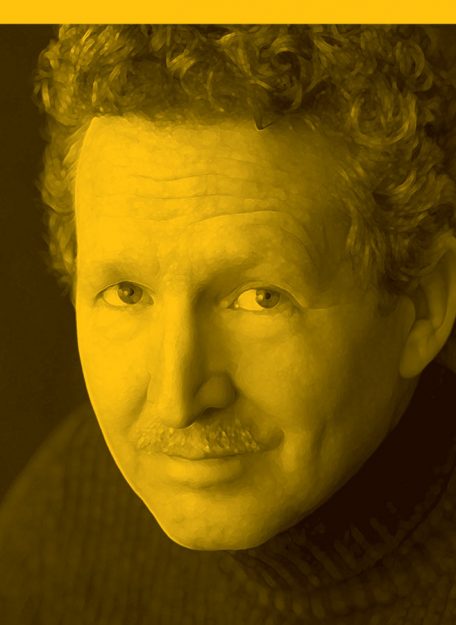
Donald S. Lopez Jr.
Are We Still Prisoners of Shangri-La?
In the popular imagination of the increasing number of Western adherents of Tibetan Buddhism, “traditional Tibet” has come to . . . [be] an ideal to which we can aspire . . . a land free from strife ruled by a benevolent Dalai Lama, his people devoted to the dharma and . . . the preservation of the environment. . . . The . . . important question is why these myths persist, continuing to circulate unchallenged. These fantasies of Tibet operate as constituents of a Romantic Orientalism in which the Orient is . . . exalted as a surrogate self-endowed with all that the West lacks. It is Tibet that will regenerate the West by showing us, prophetically, what it can be by showing us what it has been. It is Tibet that can save the West, cynical and materialist, from itself. . . . [But] to allow Tibet to circulate as a constituent in a system of fantastic oppositions . . . is to deny Tibet its history, to exclude Tibet from a real world of which it has always been a part, and to deny Tibetans their role as agents participating in the creation of a contested quotidian reality. (“New Age Orientalism: The Case of Tibet,” Spring 1994)
Revisiting work from one’s youth is a strange experience, raising deep Buddhist questions about the nature of the self. Am I still the person who wrote that? In 1993, the phone rang in my office at the University of Michigan, in a building that has since been demolished. It was Helen Tworkov, the founding editor of Tricycle. She said, “Someone needs to say something about Tibet, and I think it should be you.”
The essay that I wrote provoked strong reactions, both negative and positive, as such things were measured in the days before the Internet. As I read it over again (for the first time since I wrote it), two things come to mind. The first is that it contains the seeds of many of the chapters of Prisoners of Shangri-La, published four years later: on the word Lamaism, on om mani padme hum, on how Evans-Wentz’s Tibetan Book of the Dead owes as much to Madame Blavatsky as it does to Guru Rinpoche.
The second thought—and the one more pertinent to the celebration of 30 years of Tricycle—is that not that much has changed. In 2018, the University of Chicago Press published a 20th- anniversary edition of Prisoners “with a new preface [by the author].” Reading the book for the first time since I submitted the page proofs, I was struck by how much the mystification of Tibet persists, despite all the remarkable work of translation and scholarship in the intervening years. All these years later, many of us remain prisoners of Shangri-La. What has changed is the situation in Tibet.
Both the Tricycle essay and the book had a political agenda, arguing that the fixation on the fantasy of Tibet is a dangerous distraction from the reality of Tibet and from the real-world hopes of its people. In 1991, many college campuses had a chapter of Students for a Free Tibet. Today, very few do. The dreams for the real Tibet, and efforts to realize them, have slowly faded. The 1990s were a time of hope in Tibet. The 21st century has been grim. Since 2006, 166 Tibetans have died through self-immolation, their protests going unheeded. Today, the policies against the Uyghurs in neighboring Xinjiang are beginning to be applied in Tibet.
Tibetan Buddhism and Tibetan lamas have been a constant presence in the pages of Tricycle since 1991. Three decades later, it is important that we not forget those still in the Land of Snows. That was the concern of the person who wrote the words in italics above in 1994. Whether that is the same person who writes these words today, the concern remains the same. That’s what I remember.
Donald S. Lopez Jr. is the Arthur E. Link Distinguished University Professor of Buddhist and Tibetan Studies in the Department of Asian Languages and Cultures at the University of Michigan.
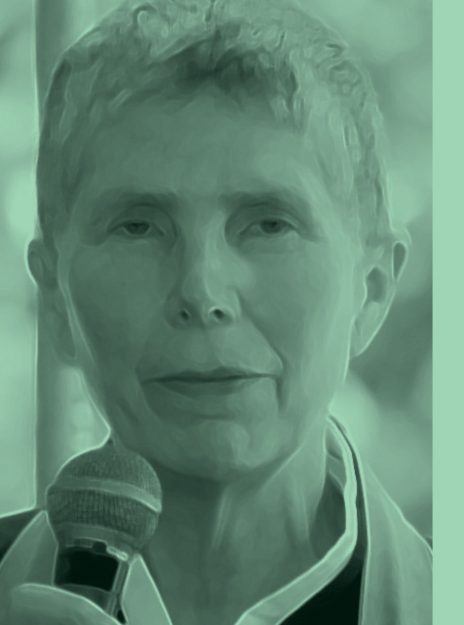
Jan Chozen Bays
Awakening to Our Interconnectedness
The true remedy for sexual or any other kind of harassment will never be legal. It has to be spiritual. The solution lies in the vivid experience of the interdependence of all existence. From this arises a dynamic and deep awareness of the reactions of “the other” to what we do, say, and think. [But] until we have the clarity of the Enlightened One, we do need legal and moral definitions of what behaviors are unwholesome—that is, those that will have a bad outcome for us or the Whole. (“What the Buddha Taught About Sexual Harassment,” Fall 1998)
The movements that have been born in the last 13 years, including #MeToo, Black Lives Matter, and the efforts to stop hate crimes against Asian Americans, Pacific Islanders, and Indigenous People, are encouraging signs that we are awakening to our interconnected existence. The ubiquitous existence of cell phones and the requirement for law enforcement to wear body cameras have helped end our collective ignorance about what it is like to be subjected to discrimination and injustice and helped awaken us to the pain we feel when another being is harmed. That we suffer when we witness other beings suffer is beneficial. It compels us first to look more deeply into our own hearts and minds for our own thoughts of separation, our own greed, anger, and ignorance, and then, in humility, to choose an appropriate venue for action in the world. There are a hundred million places in the world needing help. We only have to choose one.
Jan Chozen Bays, Roshi is a physician, Zen priest, and co-abbot of Great Vow Zen Monastery in Clatskanie, Oregon. She is the author of Mindful Eating and The Mindful Eating Workbook.
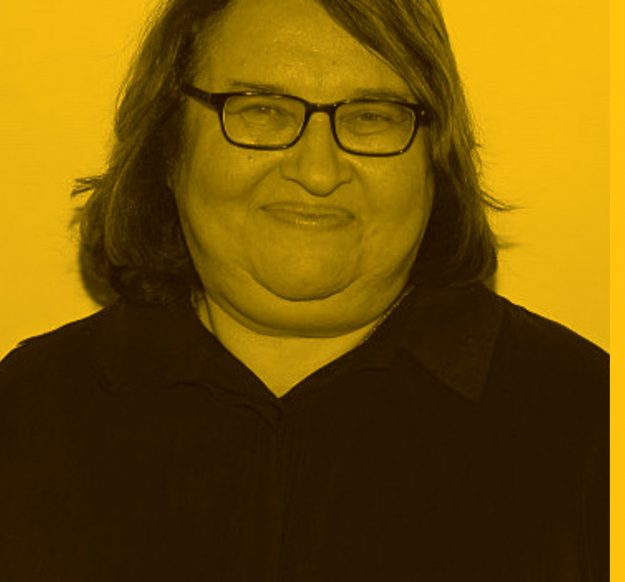
Sharon Salzberg
Mindfulness and Cultural Change
If we create an “other” out of our projections and associations and ready interpretations, we have made an object of a person—we have taken away their humanity. We have stripped from our consciousness their sensitivity to pain, their likely wish to feel at home in their bodies and minds, their complexity and intricacy and mutability. If we have lost any recognition of the truth of change in someone and have fixed them in our mind as “good,” “bad,” or “indifferent,” we’ve lost touch with the living essence of that person. We are dwelling in a worldview of stylized prototypes and distant caricatures, reified images, and often very great loneliness. (“A More Complete Attention,” Winter 2009)
When I said this, my perspective, as it had been for years, was centered on our individual conditioning, and certainly that is still vitally important, as it is a significant factor in how we look at someone—or look through them instead. These days I’m much more aware of collective conditioning—intergenerationally through family trauma and communally through the stories mainstream culture tends to weave around race, ethnicity, and gender. I’ve learned about things like attribution bias: the tendency we have, when people we identify as members of “our tribe” do something bad, to attribute their behavior to “situational” factors. (They had been under stress at work, or they were pressured into misbehaving.) However, we are likely to believe the behavior of the “other tribe” emanates from their character.
I’ve seen how stories are told about us by those we encounter, by media—by everything, really—and how another aspect of mindfulness is seeing those stories and realizing we don’t have to take them to heart or consider them true. I’ve seen how we can find a path to freedom even with all of this going on. If anything, I’m even more intrigued by the role mindfulness might play in deconstructing the causes of alienation, tribalism, and loneliness. Then personal change can be a direct route to cultural change.
Sharon Salzberg is a founding teacher at the Insight Meditation Society in Barre, Massachusetts, and a best-selling author. Her latest book is Real Change: Mindfulness to Heal Ourselves and the World.
Thank you for subscribing to Tricycle! As a nonprofit, we depend on readers like you to keep Buddhist teachings and practices widely available.